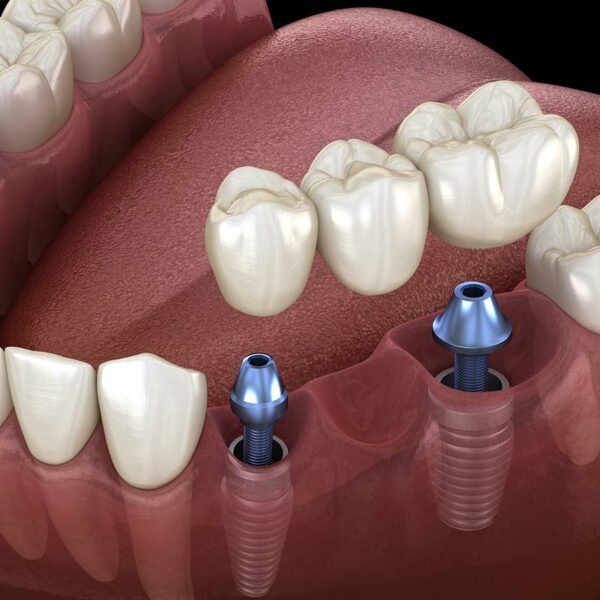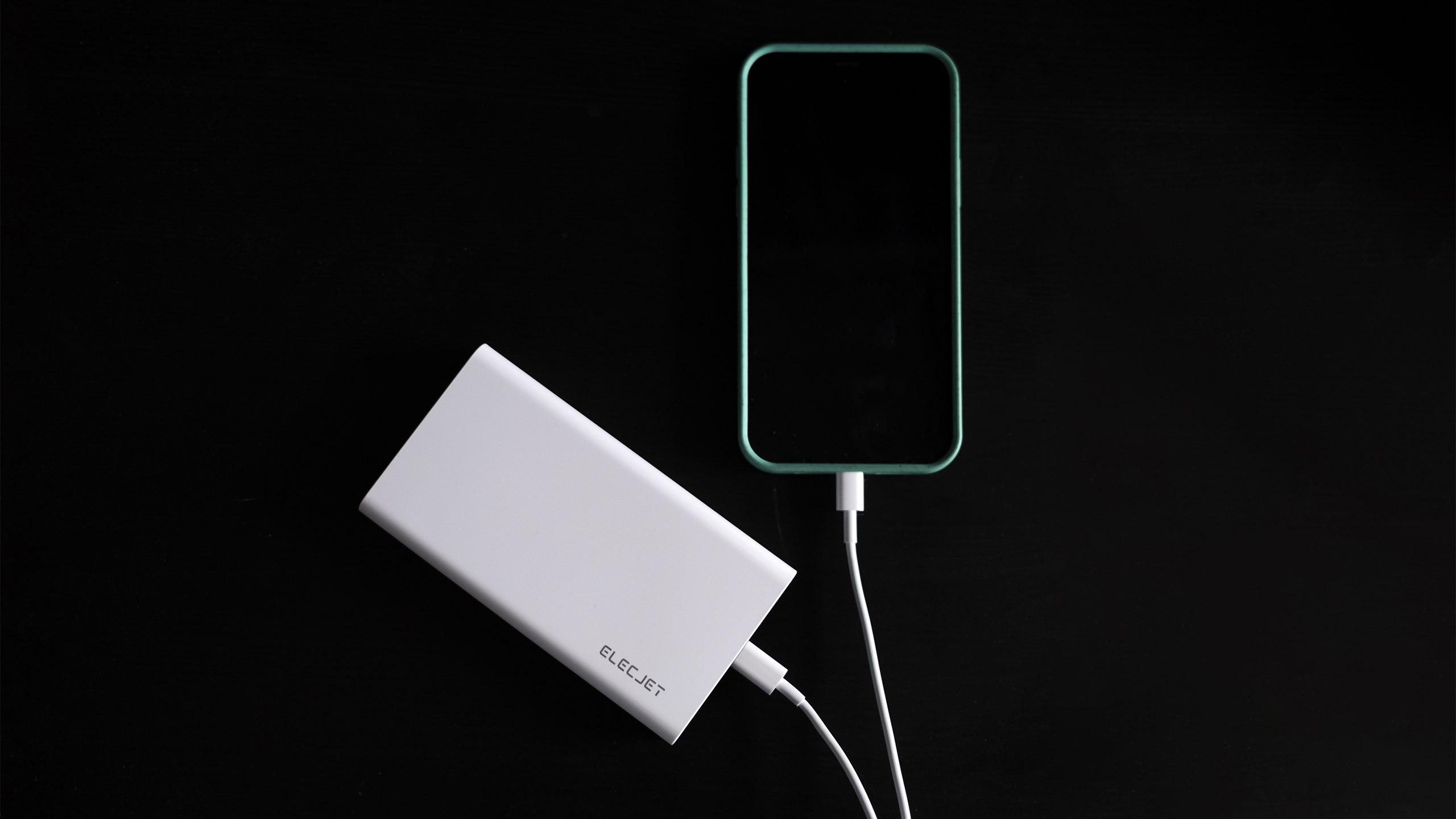
Although much of the talk about preventive measures focuses on the health of your lungs, heart and brain, there is another aspect of your health that requires careful attention. The state of your oral health is critically important and directly related to your overall health. Good oral health supports your ability to speak, smile, smell, taste, chew, swallow, and express feelings and emotions through facial expressions. All of these things are important for overall quality of life.
Poor oral health can lead to measurable pain and disability in people. According to the World Health Organization, oral health problems affect nearly 3.5 billion people worldwide, and untreated decay of permanent teeth is the most common health disorder in humans.1 With proper care, tooth decay is completely preventable.
Taking care of your oral health should be a top priority – and maintaining healthy teeth starts with managing your daily behaviors. Below, you’ll find more information about some common but harmful behaviors you should avoid to keep your teeth healthy and your smile bright:
Bad habit 1: Drinking sugary sodas and sports drinks.
While sugar itself does not directly harm teeth, the bacteria and acids in sugary drinks promote tooth decay and cavities.2
The bacteria that naturally live around teeth feed on the sugars in sweet drinks. As the bacteria grow and multiply, plaque forms, which helps the bacteria stay on the teeth longer. Over time, these bacteria form acids that wear away tooth enamel. Teeth with damaged enamel are at higher risk for decay or decay. Plaque near the gums can also produce toxins that enter the tissues and cause gingivitis. If left untreated, gingivitis can lead to tooth decay or decay.2 Moderate consumption of these frequent, acidic drinks may be okay, but excessive consumption can damage teeth.
Bad habit 2: Nail biting.
Nail biting is a nervous habit that can lead to tooth damage. If you advance your jaw to bite your nails, it can cause long-term stress on the jaw that can cause other problems with the structure of the mouth.3
If you are prone to nail biting, there are some strategies that can help you break the habit – such as using bitter nail polishes or trying to anticipate your stress triggers so you can make a conscious effort to keep your hands busy.
Bad habit 3: Chewing on ice.
Chewing ice, especially during the summer months, is a common habit, but it can be harmful to your teeth. Chewing and trying to crush hard foods like ice can damage your teeth, gums, and enamel.3 As tempting as it is to crush ice between your teeth, it’s better to let it melt in your mouth – or use a straw to drink your beverage and avoid the ice altogether.
Bad habit 4: Brushing your teeth too hard.
Brushing your teeth twice a day for two minutes is the official recommendation for a healthy smile, but you should be careful not to brush too hard. Brushing hard does not ensure clean teeth. In fact, brushing too hard can hurt your gums and damage your teeth as the enamel wears away over time.3
Even if you do not tend to brush too hard, you should use “soft” toothbrushes instead of “medium” or “hard” ones.
Bad habit 5: Forgetting to floss.
Flossing daily is an important strategy for keeping teeth healthy, but many people neglect to do it. Flossing is the only way to reach the bacteria in the tight spaces between teeth and under the gum line. When flossing, keep the following in mind:4
- Technique. Effective flossing is all about technique. Break off about 18 inches of floss, wrap most of it around the middle finger of one hand and the rest around the other middle finger. Hold the floss tightly during application.
- Proceed with caution. Do not use the floss too roughly. The floss should be passed in a rubbing motion, not penetrating the gums.
- Go slowly. Floss one tooth at a time, making sure to use a new section of floss for each tooth.
Bad habit 6: Using your teeth as tools
Your teeth should not be used as tools to open packages of any kind. It may seem convenient at the moment to open something with your mouth, but every time you do, you put your teeth at risk of breaking and chipping. Using your teeth to open items wears down tooth enamel, so the risk for chipping and cracking increases over time as the protective tissue around your teeth erodes.
Just stop and take the time you need to find a proper tool to open something. Your teeth will thank you for it.
Bad habit 7: Smoking or chewing tobacco.
The list of adverse health consequences of smoking or chewing tobacco is long and includes dental problems. Tobacco can discolour your teeth and weaken your immune system, making it harder to fight gum disease. Unhealthy gums can lead to periodontitis, which damages the soft tissue around your teeth. If periodontitis is left untreated, it can also damage the bone that supports your teeth and lead to tooth loss.5
Bad habit 8: Ignoring dental appointments.
It may seem obvious, but people who do not keep up with their routine dental checkups are more likely to have problems with their teeth. It’s important to go to the dentist even if you brush and floss every day and your teeth feel fine.
Common barriers that keep people from going to the dentist regularly include:4
- Limited availability and access to dental services
- Lack of understanding about the need for care
- Cost
- Anxiety over dental procedures
The American Dental Association recommends regular dental visits for everyone, but specifically notes that people should work closely with their dentists to determine how often visits should occur. Your dentist can identify potential risk factors that could affect the type of preventive care needed. In general, it is recommended that people have their teeth cleaned every six months for routine preventive dental care.6
When should you see the dentist?
In addition to regular dental cleanings and exams, you should proactively contact your dentist if you notice any symptoms or signs of oral health issues. These signs and symptoms include:4
- Tender, red or swollen gums
- Pain while chewing
- Unusual sensitivity to hot and cold food or drink
- Loose teeth
- Gums that start separating from the teeth
- Bleeding during brushing or flossing
- Persistent bad breath or any unusual taste in the mouth
Most oral health problems are preventable – and early detection and treatment of problems with teeth, gums and mouth is the key to a lifetime of good oral health.
Sources
- World Health Organization. Oral health. Last reviewed March 25, 2020.
- University of Illinois College of Dentistry. Thinking About Another Sweet Gulp? Think Again. Published March 24, 2017.
- American Dental Association. Mouth HealthyTM: Habits that Harm Your Teeth. Page accessed December 13, 2020.
- The Mayo Clinic. Oral health: Brush up on dental care basics. Last reviewed June 6, 2019.
- The Mayo Clinic. Periodontitis. Last reviewed February 14, 2020.
- American Dental Association. American Dental Association Statement on Regular Dental Visits. June 10, 2013.












